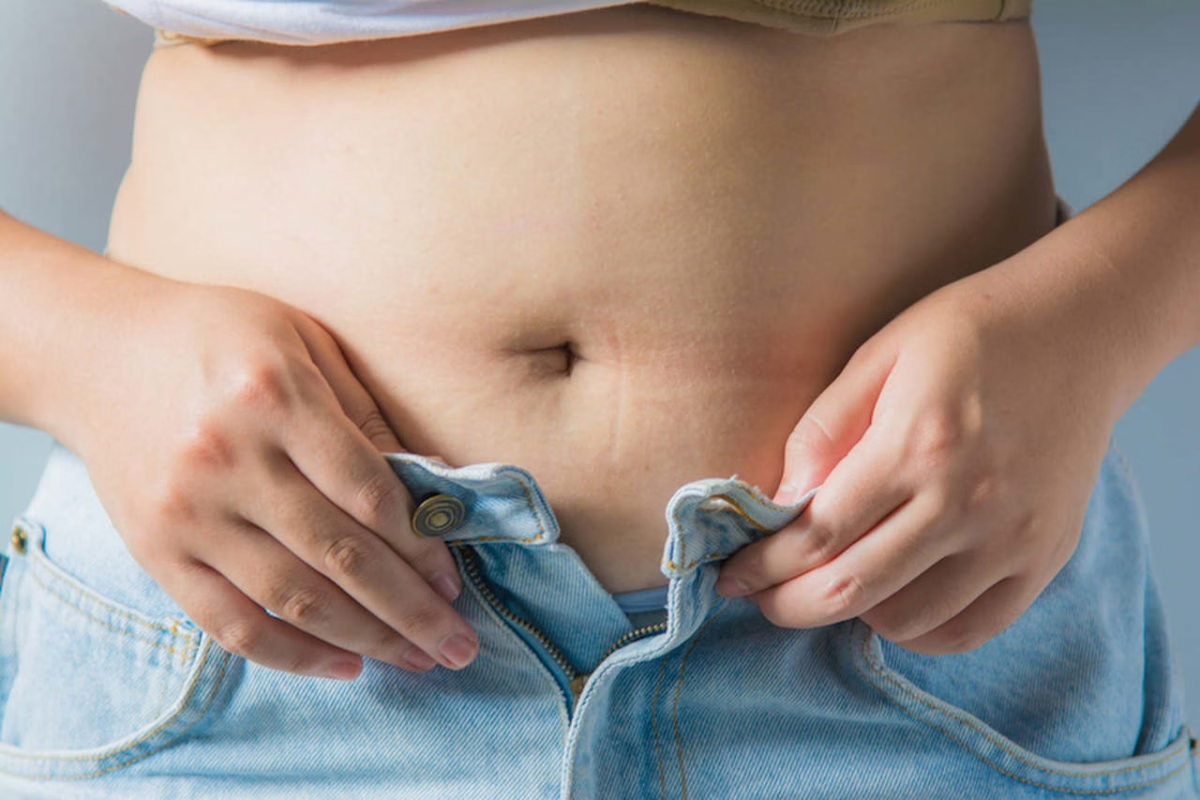Constipation: What Happens to Your Body When You Don't Have a Stool

Going several days without going to the bathroom isn't just uncomfortable. It can be dangerous. Constipation occurs when there's difficulty or low frequency of bowel movements, usually less than three times a week, accompanied by some degree of difficulty passing stool and/or a feeling of incomplete emptying.








Make smart diet substitutions to lose weight
Getty Images
Practicing physical activity is essential
Pixabay
Remember: the yo-yo effect triggers cardiovascular diseases and hormonal changes
Tim Platt/Getty Images
Therefore, always try to stay in good shape.
High Astral/Reproduction
If you want to lose weight, also increase your intake of liquids, such as water, juices and teas.
Getty Images
Avoid common mistakes that slow down weight loss
Getty Images
How to get a bad night's sleep and overtrain, which wears out your body
Pixabay
See signs that your weight loss difficulties may be hormonal. Hormonal weight loss
Getty ImagesProlonged stool retention increases the body's reabsorption of toxins , causing symptoms such as bloating, abdominal pain, moodiness, decreased immunity, and even skin problems . In more severe cases, it can lead to the formation of fecalomas (hardened accumulations of feces) and anal fissures, as well as being a symptom of conditions such as irritable bowel syndrome , hypothyroidism, or even tumors.
The main causes include low fiber intake , poor hydration, a sedentary lifestyle, frequent use of laxatives , and even emotional factors such as stress and anxiety. Bowel function can also be affected by changes in routine or diet.
To prevent this, it's recommended to drink at least two and a half liters of water per day , maintain a diet rich in fruits, vegetables, legumes, and whole grains, exercise regularly , and respect your natural bowel reflex. If the condition persists for more than a few days or is accompanied by severe pain, blood in the stool, or weight loss, it's essential to seek medical evaluation.
metropoles





